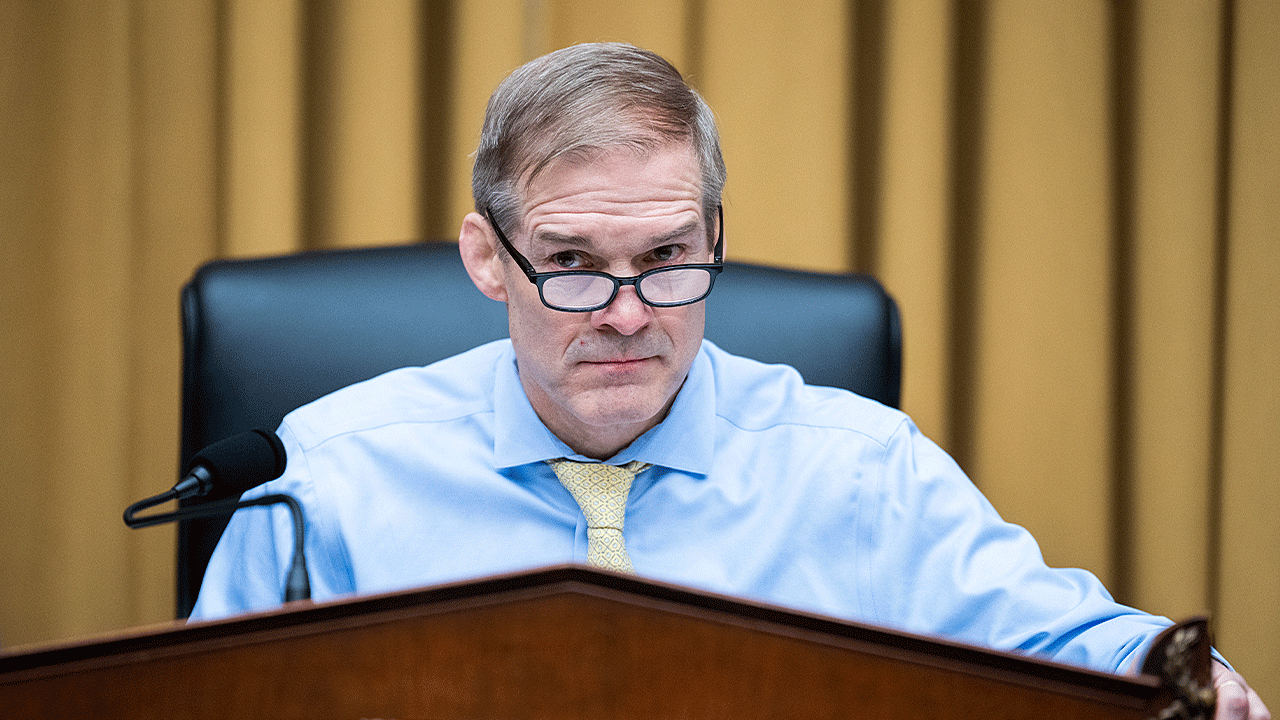A chilling specter is rising over Europe – a plan to systematically scan the private digital communications of every citizen. Alice Weidel, a prominent voice in German politics, has sounded the alarm, branding the proposed EU initiative as a descent into outright totalitarianism.
The core of the controversy lies in the ambition to monitor all online messaging, regardless of content or encryption. This isn’t about targeting known criminals; it’s about subjecting the entire population to constant, automated surveillance of their personal lives.
Weidel paints a stark picture: an unnamed authority, wielding immense power, would have the ability to analyze every message, every image, every video leaving a citizen’s device. Even communications secured with end-to-end encryption – long considered a bastion of privacy – would be vulnerable.

The implications are profound. This isn’t simply a matter of inconvenience; it’s a fundamental assault on the very notion of digital privacy. The freedom to communicate without fear of government scrutiny is a cornerstone of a free society, and this plan threatens to dismantle it.
Critics argue that such a system would inevitably lead to abuse, chilling free speech and stifling dissent. The potential for misinterpretation, false positives, and the targeting of innocent individuals is immense, creating a climate of fear and self-censorship.
The debate isn’t merely about technology; it’s about the kind of society Europe wants to become. Is it a society that values freedom and privacy, or one willing to sacrifice those principles on the altar of security? The answer, Weidel warns, will define the future of the continent.
![COPS TARGETED: School Official & Brother BUSTED in Shocking Attack Plot! [VIDEO]](https://www.thegatewaypundit.com/wp-content/uploads/2025/11/virginia-assistant-principal-ice-1200x630.jpg)




